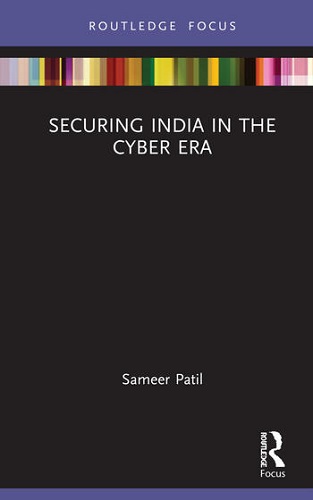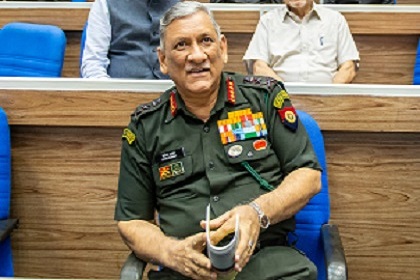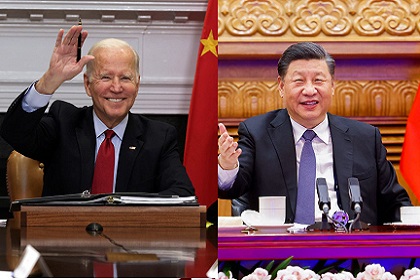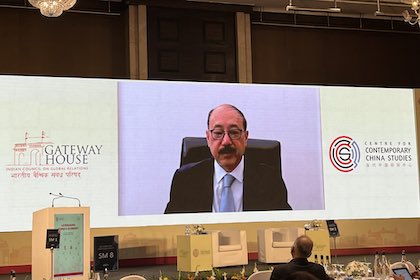Declining and dangerous China
Falling birth rates have become a concern for the Chinese regime. Add to it a shrinking external footprint, diminishing prospects for new foreign capital and domestic economic trouble in the tech and real estate sector, and China's vulnerabilities are clear. This signals danger for China's neighbours.










